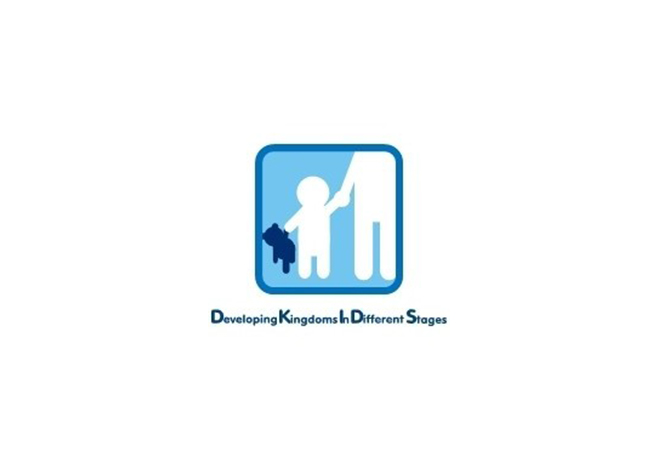Skill building opportunities focus on developing the skills, identity, readiness, relationships and capital necessary for expanding vocational prospects and mobility. They prepare individuals to overcome future obstacles, increase self-confidence, lead to a more positive view of the future and towards school and employment, and develop the skills required for success. Successful programs build strong, healthy relationships among participants, peers, staff, volunteers, mentors and the broader community.
Some Examples
- Programs for teens and young adults, sometimes tied to identity or passion projects, and focused on building a particular skill set, often in a sport, art form or academic subject, while instilling leadership and other essential life skills. Teens typically connect with these programs over a period of years and reach higher levels of educational attainment and career readiness.
- Programs supporting college students whose circumstances of personal hardship are greater than those of most of their academic peers. To reach their academic potential, these students may require resources beyond scholarships.
- Programs training adults or disconnected youth (age 16-29) facing high barriers to entering the workforce, equipping them with necessary soft and entry-level hard skills, and basic reading and math competencies. These skills enable them to secure and maintain entry-level employment and pursue advanced education and training opportunities connected to career pathways.
Employment: Beyond Workforce Development

“If you don’t have a job, how are you going to pay rent? If you don’t know where you’re sleeping tonight, how are you going to show up for your job tomorrow?”
– Ann Leen, Assistant Vice President for Youth Programs at SER Metro-Detroit
Learn more about SER Metro’s holistic efforts to address barriers to employment for job seekers in Detroit, obstacles which are frequently complex, inter-connected and lie beyond the scope of existing workforce development programs.
Our Grants Also Support
Grant Snapshot
Total grants awarded $4,082,000
Grants by Size
0 under $30,000
8 $30,000-$99,000
12 $100,000-$249,000
6 $250,000-$499,000
0 $500,000+
26 Active Grants
Grant Snapshot
Total grants awarded
$4,082,000
26 Active Grants
Grants by Size
0 under $30,000
8 $30,000-$99,000
12 $100,000-$249,000
6 $250,000-$499,000
0 $500,000+
Grantee Partner Insights
“By taking a holistic approach to the individual and addressing everything from housing, childcare, transportation, mental health, education, and more, Empowerment Plan is creating a permanent pathway out of system poverty for some of Detroit’s most underserved residents.”
“With help from the McGregor Fund, we had the opportunity to onboard a YAB member to conduct a listening campaign with over 60 disconnected youth between the ages of 18-24. She held 5 focus groups and completed one-on-ones to learn barriers to sustainable employment. We were provided the opportunity to continue to cultivate indigenous leadership in the organization and as a result, were able to engage in a meaningful process to understand the needs of disconnected youth in the neighborhood.”
“Throughout our time at Covenant House Academy, SAC has learned that this demographic is able to balance multiple adult responsibilities that will provide for their primary living needs such as securing housing, child care, transportation, mental health services and contributing to household incomes, all while pursuing their high school diploma…Students are most successful when they have an adult who shows interest, patience, persistence, and positive regard for students while they master balancing their responsibilities.”
“A number of challenges have been encountered in the work of supporting seniors, including the complexity of the college application process, students and families having to meet deadlines for multiple applications, funding gaps, and obtaining documentation from high schools. These issues were overcome by intensive coaching, tracking of each student’s applications, and extensive communication with college admissions teams. The outcomes include a 100% success rate in students being accepted to four-year colleges, as well as $939,660 in grant aid, and $304,301 in loan aid being secured to help make colleges accessible for students from low-income families.”
“We have also seen the high level of individual attention needed by young leaders in the program in order to successfully transition into adulthood and to take the first steps of a food career. This has included hands-on support with things like obtaining a driver’s license, opening a bank account, and navigating a rental lease for first living arrangements beyond their homes. To this end, we are making an intentional choice to limit growth in the number of placements…in order to give our young people the kind of hands-on attention they deserve to thrive.”







